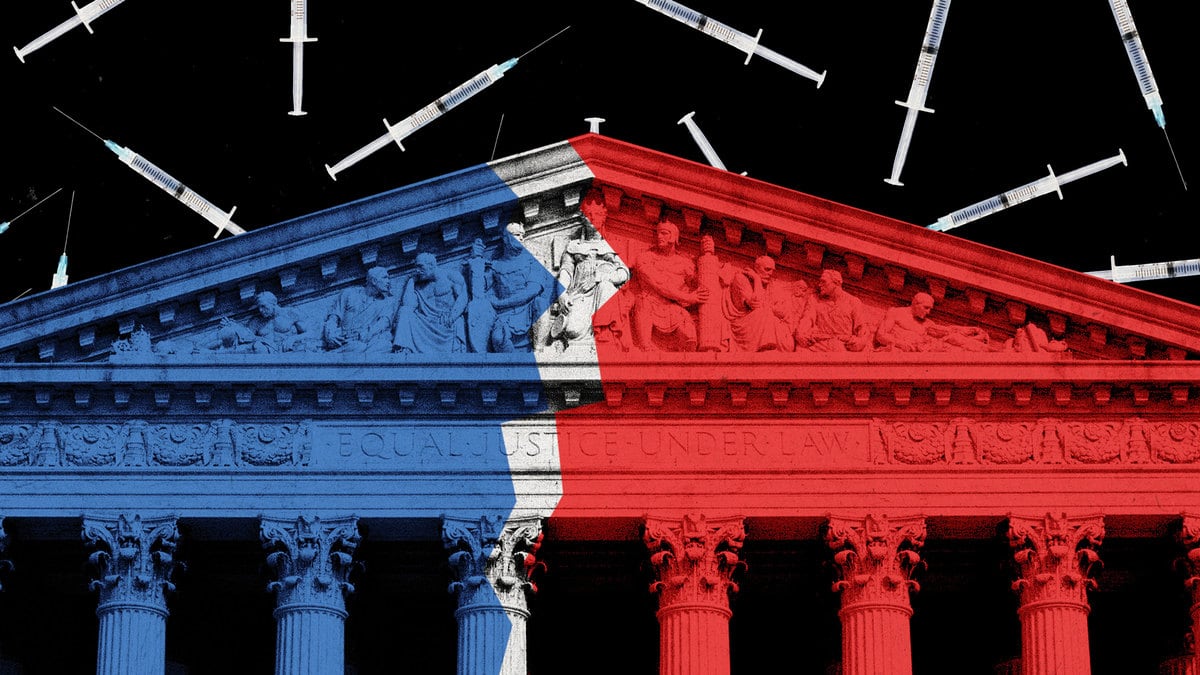Opinion
Photo Illustration by The Daily Beast/Getty
The Supreme Court Is About to Decide America’s Pandemic Future
ON THE LINE
As Americans argue about the best way ahead through the Omicron surge, conservative justices will dictate just how scary the coronavirus gets.
opinion

Trending Now






